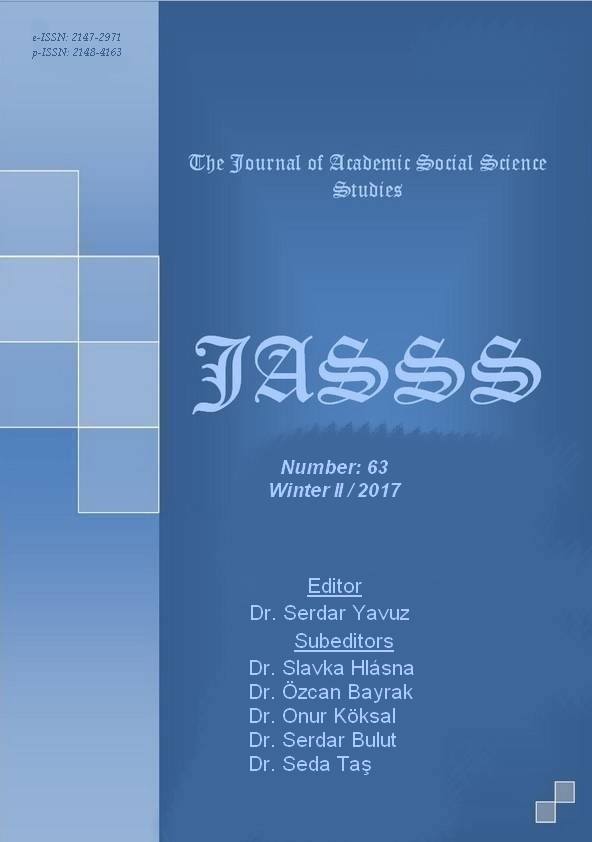Author :
Abstract
Epistemolojik inançlar, geçerli ve güvenilir bilginin ne olduğu ve nasıl üretilip paylaşıldığı konusunda bireylerin görüşlerini yansıtmaktadır. Fen bilgisi ve sınıf öğretmeni adaylarının epistemolojik inançlarını sınıf düzeyi, cinsiyet ve bölüm türü değişkenlerine göre incelemek amacıyla yapılan bu çalışmada, betimsel araştırma türlerinden tarama modeli kullanılmıştır. Bu bağlamda çalışma grubunu oluşturan 107 öğretmen adayının (62 fen bilgisi öğretmenliği ve 45 sınıf öğretmenliği) epistemolojik inanışlarının tespit edilmesi amacıyla; özgün formu Schommer (1990) tarafından geliştirilen ve Deryakulu ve Büyüköztürk (2002) tarafından Türkçeye uyarlanan “Epistemolojik İnanç Ölçeği” kullanılmıştır. Araştırma sonucunda, sınıf öğretmeni ve fen bilgisi öğretmen adaylarının epistemolojik inançlarının “Öğrenmenin çabaya bağlı olduğuna inanç” ve “öğrenmenin yeteneğe bağlı olduğuna inanç” boyutlarında yüksek yani gelişmiş (sofistike) düzeyde “tek bir doğrunun var olduğuna inanç” boyutunda ise düşük yani gelişmemiş (naif) olduğu saptanmıştır. Ayrıca, öğretmen adaylarının epistemolojik inançları bölüm ve sınıf düzeyine göre incelendiğinde değişkenler arasında anlamlı farklılıklar bulunmamıştır. Fakat öğretmen adaylarının epistemolojik inançlarının cinsiyet değişkenine göre “Öğrenmenin çabaya bağlı olduğuna inanç” boyutunda farklılaştığı bulunmuştur. Kız öğretmen adaylarının erkek öğretmen adaylarına göre öğrenmenin yetenekten çok, gösterilen çabaya bağlı olduğuna daha güçlü biçimde inandıkları saptanmıştır. Sonuç olarak, öğretmen adaylarının toplam puan bazında epistemolojik inançları incelendiğinde örneklemin yapılandırmacı inanca sahip olduğu bulunmuştur.
Keywords
Abstract
Epistemological beliefs reflect the views of individuals in terms of what they believe knowledge is, what the validity and reliability of knowledge is and how it is produced and shared. The aim of this study was to examine the epistemological beliefs of pre-service science and classroom teachers in terms of class level, gender and department type. In this study, survey method was used. In this context, in order to determine epistemological beliefs of 107 preservice teachers (62 science teachers and 45 classroom teachers) that consist of participants, “Epistemological Belief Scale” were used developed by Schommer (1990) and adopted in Turkish by Deryakulu and Buyukozturk (2002). At the end of the study the epistemological belief level of the clasroom teachers and science teachers was found as high/developed (sophisticated) level in the factor of depends on effort learning and depends on the ability. In addition, the epistemological bilief level was found as low/undeveloped (naive) level in factor of only one truth exist. When the research was examined according to department, and class level variables, meaningful differences weren't found between variables. But, findings indicated that pre-service teachers’ epistemological beliefs differed based on gender in the factor of effort learning in favour of the female. As a result, this study found that candidate teachers held constructive epistemological beliefs based on total points.





